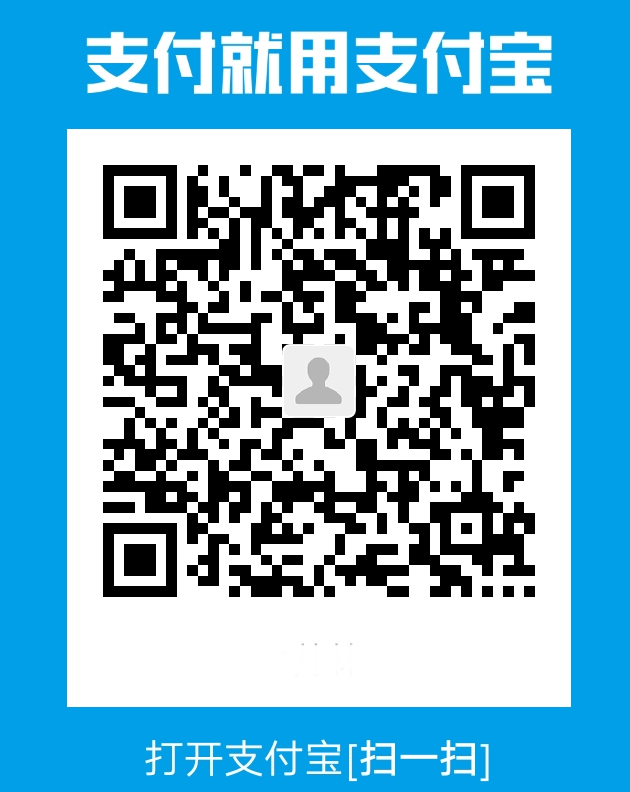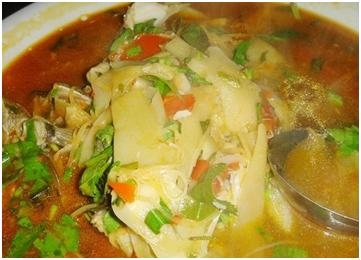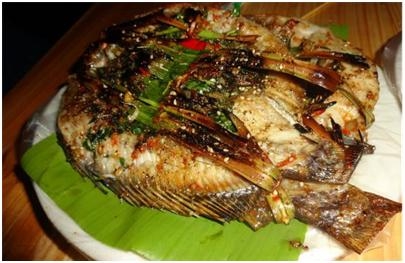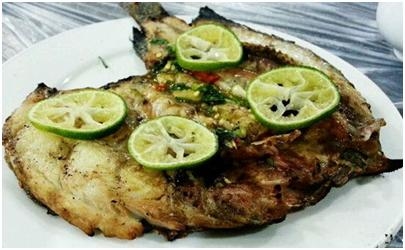EBU6304代寫、Java編程設計代做
時間:2024-05-09 來源: 作者: 我要糾錯
EBU6304 – Software Engineering Page 1 of 5
School of Electronic Engineering and Computer Science
EBU6304 – Software Engineering Group Project
30% coursework.
A Virtual Bank Application for Kids
-developing the software using Agile Methods
1. General information
In the next few weeks, your team will be required to develop a Virtual Bank Application
for Kids using Agile methods. Your team should aim to deliver a simple first release of
the software product that can be extended in further iterations. Agile methods should be
applied in all activities, from requirements through analysis/design, implementation, and
testing. Iterations should be planned, and outcomes should be submitted.
There are no restrictions on what the Virtual Bank Application for Kids should include,
and the given specification contains only high-level abstract requirements. It should be
noted that determining the software requirements is one of the most important and
complex phases in any development project. You should apply requirement-finding
techniques and Agile methods to identify the actual requirements at an appropriate level.
Most importantly, you need to prioritize the features that are implemented in accordance
with both ease of implementation and meeting requirements. As in real software, you
should define the project scope properly. Keep your design SIMPLE. Bear in mind that
there is no absolute right answer – your solution may be perfectly appropriate.
Handout release date: 14
th March 2024
First submission: Product backlog and Prototype, 15th April 2024
Final submission: Report and Software: 27
th May 2024
Demonstration: 27th – 31st May 2024
Marks returned: Approximately 2-3 weeks after the final submission.
EBU6304 – Software Engineering Page 2 of 5
2. Specification of the project
2.1 Basic requirements
Your team will develop a fun and easy to use “Virtual Bank Application for Kids”. The
objective of this application is to educate children about the value of money and the
concept of a bank, encouraging them to engage in tasks to earn pocket money, save for
goals, and spend responsibly. There are no restrictions on the functions the application
should include, as one of the most important tasks of this project is to identify the actual
requirements. Here are some suggested functions to assist you in getting started.
• Account creation: create virtual bank accounts, including current accounts and
saving accounts.
• Balance tracking: display the current balance.
• Deposit: enable kids to deposit virtual money they earned from doing tasks.
• Withdrawal: enable kids to withdraw virtual money.
• Task setting: parents can set tasks or activities (e.g. house chore, exercises) to
give kids opportunities to earn money.
• Transactions: can check the transaction history.
• Savings goals: enable kids to set savings goals and to track progress towards those
goals.
• Any other function(s) that is useful.
A full prototype of the application should be produced. It is not required to implement the
full working code however your team should implement core functions of your choice.
2.2 Other requirement
• The software must be developed using Java as a stand-alone application running
on computers. A simple graphic user interface (GUI) should be used. The recent
Java Edition should be used. Do NOT build a Web-based application or Phone
App.
• The application should be used without an Internet connection.
• All input and output data should be in simple text file format. You may use plain
text (txt), CSV, JSON, or XML. Do NOT use a database.
• Basic restrictions and error checking must be considered.
• Your design must be flexible and extensible to adapt to future changes, e.g.
modify existing features and add new features. When doing so, you should be
able to reuse the existing components and make the least impact on the existing
code.
Your tasks are to define detailed requirements, design, develop and test the above described
software using Agile methods. Feel free to design the software as long as it satisfies the
basic requirements, define the SCOPE properly.
EBU6304 – Software Engineering Page 3 of 5
3. Agile project management
Each group has 6 (or 7) students. You are the Agile team working together to complete the
project. All students in a group must work on ALL aspects of the project, to obtain full
software engineering skills. You should use the techniques you have learnt in the lectures
to manage the project, e.g., Scrum, daily stand up meetings, working around a table, scrum
master and decision making, etc. You are also encouraged to use other efficient ways of
communication to coordinate the group activities.
Suggested Timeline:
• 14-15 March
Activities: meet group members, appoint a group leader and discuss the project
handout.
• 18-22 March
Activities: gather actual requirements, story writing workshop.
Outcomes: product backlog.
• 25-29 March
Activities: create prototype and get user feedback.
Outcomes: product prototype.
• 1-12 April
Activities: Iteration 1.
Outcomes: Working Software v1.
• 15-26 April
Activities: Iteration 2.
Outcomes: Working Software v2.
• 29 April -10 May
Activities: Iteration 3.
Outcomes: Working Software v3.
• 13-24 May
Activities: Iteration 4.
Outcomes: Working Software v4.
• 27-31 May
Software final delivery.
4. Submissions on QM+
For all the submissions, only the group leader should submit the files on behalf of
the whole group.
The first submission includes product backlog and prototype. 15th April.
The final submission includes a short report and software. 27th May.
EBU6304 – Software Engineering Page 4 of 5
4.1 The product backlog, an excel file (refer to the template on QM+). Filename:
Productbacklog_groupXXX.xlsx, where XXX is your group number. It should contain all
user stories with acceptance criteria, priority, estimation and iteration plan.
4.2 The prototype, a PDF file. Filename: Prototype_groupXXX.pdf, where XXX is your
group number. It should contain full prototype. Only low-fidelity or medium fidelity
prototype is needed.
4.3 The short report, a PDF file. Filename: Report_groupXXX.pdf, where XXX is your
group number. The report template provided must be used. It should contain the sections
of Group report (maximum 15 pages including tables, charts, figures and diagrams you
may have) and individual statements (no more than 300 words each). More details can be
found in the template.
4.4 The software, a ZIP file. Filename: Software_groupXXX.zip, where XXX is your
group number.
It should contain the following parts:
a) Java code. All core functions should be implemented. Code should be well
documented.
b) A set of test programs using Junit as an example of using TDD.
c) JavaDocs.
d) A user manual with some key screenshots of the application.
e) A readme file to instruct how to set up or configure and run your software.
5. Demonstration
Informal demonstration (not assessed):
There are two informal demonstrations, and the main purpose is to gather feedback. You
should arrange a 30-minute session with your group's teaching assistant (TA):
a) Demo 1: during week 15-19 April
b) Demo 2: during week 6-10 May
Formal demonstration (assessed): 27-31 May
Your team is required to formally demonstrate the final software product (assessed). ALL
group members MUST attend the demonstration session. You should showcase the
functionality of your software product as if you were presenting it for sale. Demonstrate
the operation of the core functions and, if possible, exhibit error handling capabilities.
Additionally, be prepared to answer a few questions.
6. The role of Teaching Assistants (TAs)
Each group will be assigned a Teaching Assistant (TA) to offer support, feedback, and
monitor the group's progress. Your TA should be your first point of contact for questions
or issues. The TAs will regularly check both your group's progress and individual
contributions.
EBU6304 – Software Engineering Page 5 of 5
7. Marks breakdown (approximate)
Group mark (maximum 100 marks)
Requirements: 30% (assessed through the product backlog, prototype and report)
• Ability to extract and define the software requirements using Agile techniques. Use
of appropriate fact-finding techniques. The correctness of defining scope and roles.
The correctness of writing user stories. Correctness and completeness of product
backlog. Quality of prototype.
Analysis and design: 20% (assessed through the report)
• Ability to refine the requirements through analysis. Ability to design high-quality
software. Quality of the design class diagrams.
Implementation and Demonstration 20% (assessed through the code, demonstration and
report)
• The correctness of Java code. Quality of code. Demonstrate the software working
correctly as intended and the ability to handle errors.
Testing: 20% (assessed through the code and report)
• Appropriate test strategy. Unit testing. Integration testing.
Project management: 10% (assessed through the regular check, informal demos and report)
• Appropriate use of tools for project management and communication. Appropriate
use of project management techniques. Evidence of progress throughout the project
period.
Individual mark
Individual marks will be given based on participation and contribution within the group,
including the quality of work performed and understanding of the tasks. Each student will
be evaluated through regular checks, demonstrations, and statements in the report with
evidence of their contributions. The grade will be awarded as follows:
A+ Outstanding Receive 100% group marks + a maximum of 5% extra
A Satisfactory Receive 100% group marks
B Unsatisfactory Receive 50% of group marks
C No contribution Receive 0% of group marks
You, AS A GROUP, are responsible for managing any issues and for completing all of the
tasks. If students are not contributing to the group work, then the module organiser needs
to be informed immediately.
Please use the student forum on QMPlus for general enquires and discussions.
請加QQ:99515681 郵箱:99515681@qq.com WX:codinghelp
標簽:
掃一掃在手機打開當前頁
注:本網(wǎng)條致力提供真實有用信息,所轉(zhuǎn)載的內(nèi)容,其版權(quán)均由原作者和資料提供方所擁有!若有任何不適煩請聯(lián)系我們,將會在24小時內(nèi)刪除。
無相關(guān)信息 昆明生活資訊
推薦信息
相關(guān)文章
無相關(guān)信息















